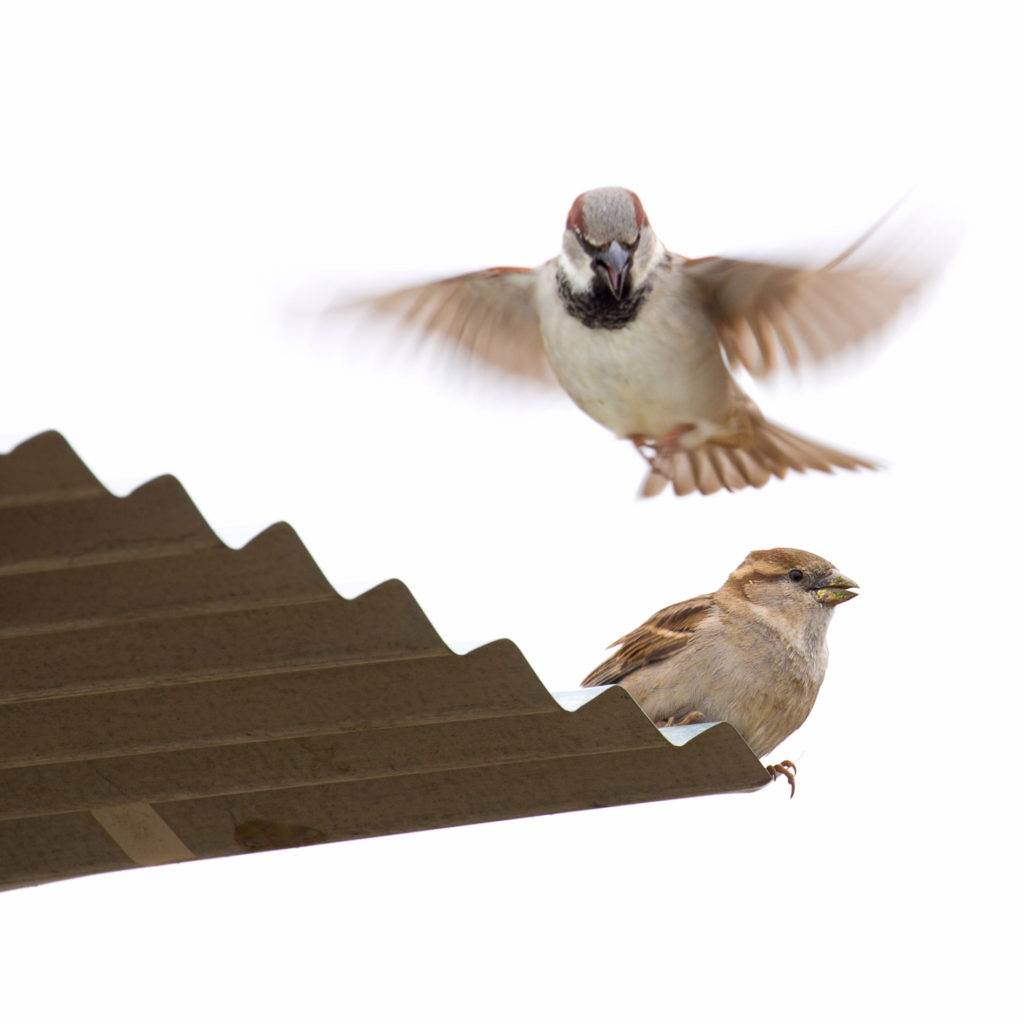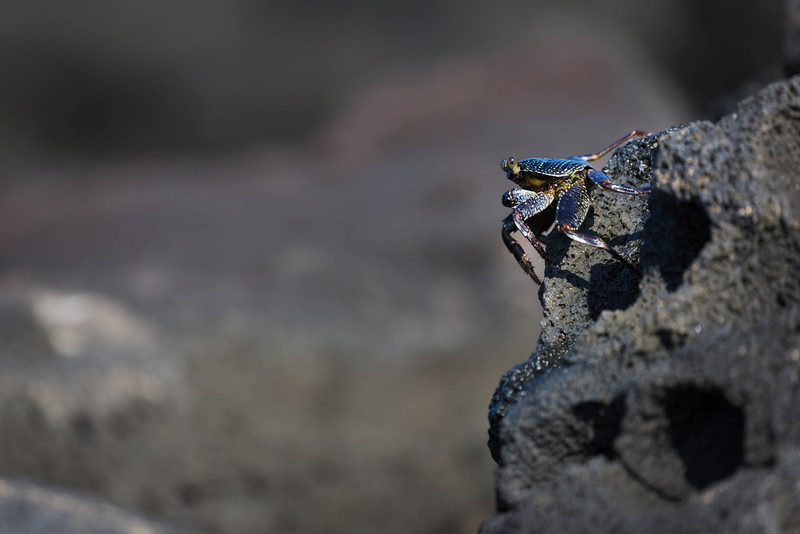Posts Tagged: biology


Processing an image? Biology says you must walk away for a while!!
If you’re like me, you’ll find yourself staring at a monitor for hours on end twiddling a single image until it becomes “perfect”. Well, I’m here to warn you that you can’t accomplish “perfect” in a single editing session. This video demonstrates in detail why you need to walk away from your work before publishing it in any form:
Watch the above video first, as there are spoilers below!
Have you ever been out in the dark and come into a brightly lit room and found yourself functionally blinded? Or maybe you head outdoors to do a bit of stargazing and after leaving your brightly lit abode you can only see just a couple of bright spots in the dark sky. But, as you wait a few minutes (20 being ideal), the stars gradually come out into full glory.
Our eyes don’t react immediately to changes like we think they do or should. With changing luminosity (i.e. light) levels, our pupils take a while to react; especially when switching from brightly lit areas to darker ones. Most people know this fact about their eyes (specifically, about the “rods” in our eyes), and plan their stargazing accordingly.
But what most people don’t realize is that the color sensors in our eyes (the “cones”) get equally as over-stimulated. When you stare at one color for a while, one or more of your three cone types (redish, greenish or blueish) can get over-worked, over-stimulated and over-taxed. Afterward, when that over-stimulated color is removed from view, your eye’s color sensors will still report it as being active for a while. Essentially, our eyes adapt over time as they get overstimulated and they can’t recover immediately once stimulus is removed. This lets your eyes be very adaptive so you can see clearly in many different lighting conditions.
But! This adaptive behavior will cause problems when you set about to edit your images for long periods of time. As your eyes stare at that one image for a long period of time, your eyes’ sensors are likely getting over-saturated by the continuous light shining on them, just as your eyes got over-stimulated by the leaf picture in this video. And the result will mean your ability to accurately edit the colors, or even luminosity levels, in your image will be reduced.
The fix is easy!
The solution, fortunately, is simple: walk away for 15 minutes before making your final adjustments. Come back later with a fresh set of eyes and see if the colors really look the way you wanted them to, or if some further tweaking is necessary.
Stay tuned for part 2!
If you enjoyed this demonstration, I’ll be releasing another one soon that is equally as fascinating. If you want to make sure you don’t miss it, sign up for my weekly(-ish) newsletter, where the next installment will be announced.













